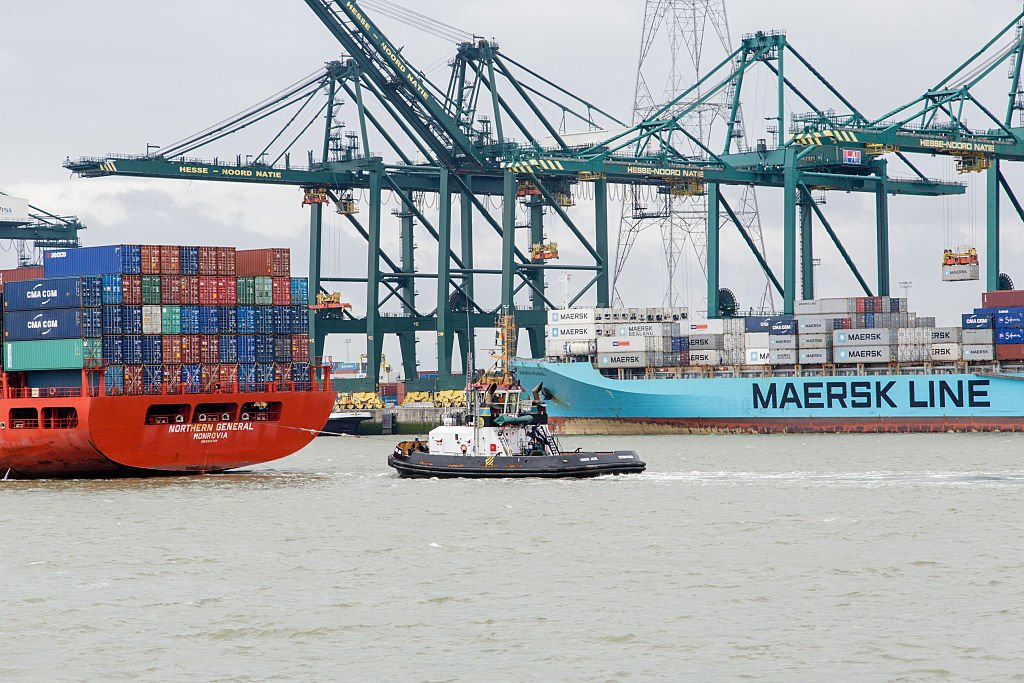Johnny Ryan is the director of Enforce, a unit of the Irish Council for Civil Liberties that monitors human rights on large digital platforms. He previously held senior roles in the online advertising, media, and technology industries.
Last week, Donald Trump issued a stark warning: European states that enforce EU law against American tech giants risk trade tariffs. This is not a negotiation tactic. It is an assertion of power‚ a demand that Europe surrender its legal order to foreign influence.
This is not a negotiation. It is a test.
Europe possesses a “trade bazooka” designed for this precise scenario. The Anti-Coercion Instrument is designed to respond to the kind of threats and actions that Trump now alludes to. To delay its use is to invite further encroachments.
But the current crisis is not merely economic, nor is it confined to tariffs and subsidies. It is a confrontation over the very foundations of democratic governance: the rule of law, the capacity of nations to govern themselves without foreign interference, and the protection of our children in the digital age.
The U.S. understands that power is not only measured in military might or economic output, but also in control over information and infrastructure and the conditions under which democracy can survive. By threatening sanctions for upholding European law, Washington is testing whether Europe will tolerate coercion in the name of the alliance.
We should now know the risk of inaction. A decade ago, the General Data Protection Regulation was enacted to put power over data back into the hands of citizens. But Ireland, as a jurisdiction of choice for multinationals, became a conduit for regulatory evasion. And the European Commission turned a blind eye.
Over the same period, our fragmented single market and the Commission’s narrow view of competition enforcement handed our digital market to foreign firms. The result is that we became dependent on foreign technology firms, most of them American, which are now accustomed to operating with impunity. They shape our public discourse and influence our elections.
Consequently, authoritarianism has risen again in our midst. Proxies who serve foreign interests before their own are algorithmically pushed into people’s feeds by giant American and Chinese social media companies. Those same algorithms push self-harm and suicide onto our children’s feeds. And yet we hesitate.
If we do not stand by our laws then we will not merely lose a trade dispute. We will lose the authority to govern ourselves. We will signal that democratic sovereignty can be traded for security promises that may not be kept. We will expose ourselves to unrelenting assault by algorithms directed to impose home-grown authoritarians upon our people.
President von der Leyen committed to keeping inviolate Europe’s rules on digital media and market power in an interview in April. She must now go further and actively protect those rules. Speaking last week, Chancellor Merz said Europe will not allow itself to be pressured. Those words must be backed up by action.
But the signs are not good. Take the Commission’s competition case against Google, in which the EU executive has not only backed down from its plan to break up Google’s ad business by instead issuing a mere fine, it has even dropped the fine for fear of offending Trump. The case concerns market violations that have been proven against Google in a U.S. court. Such timidity undermines the hope of a level playing field in the relationship with our American partners.
We are not blind to the risks of confrontation with Donald Trump. But if we do not stand by our laws and use the Anti-Coercion instrument to defend them, then we will not merely lose a trade dispute. We will lose the authority to govern ourselves.





